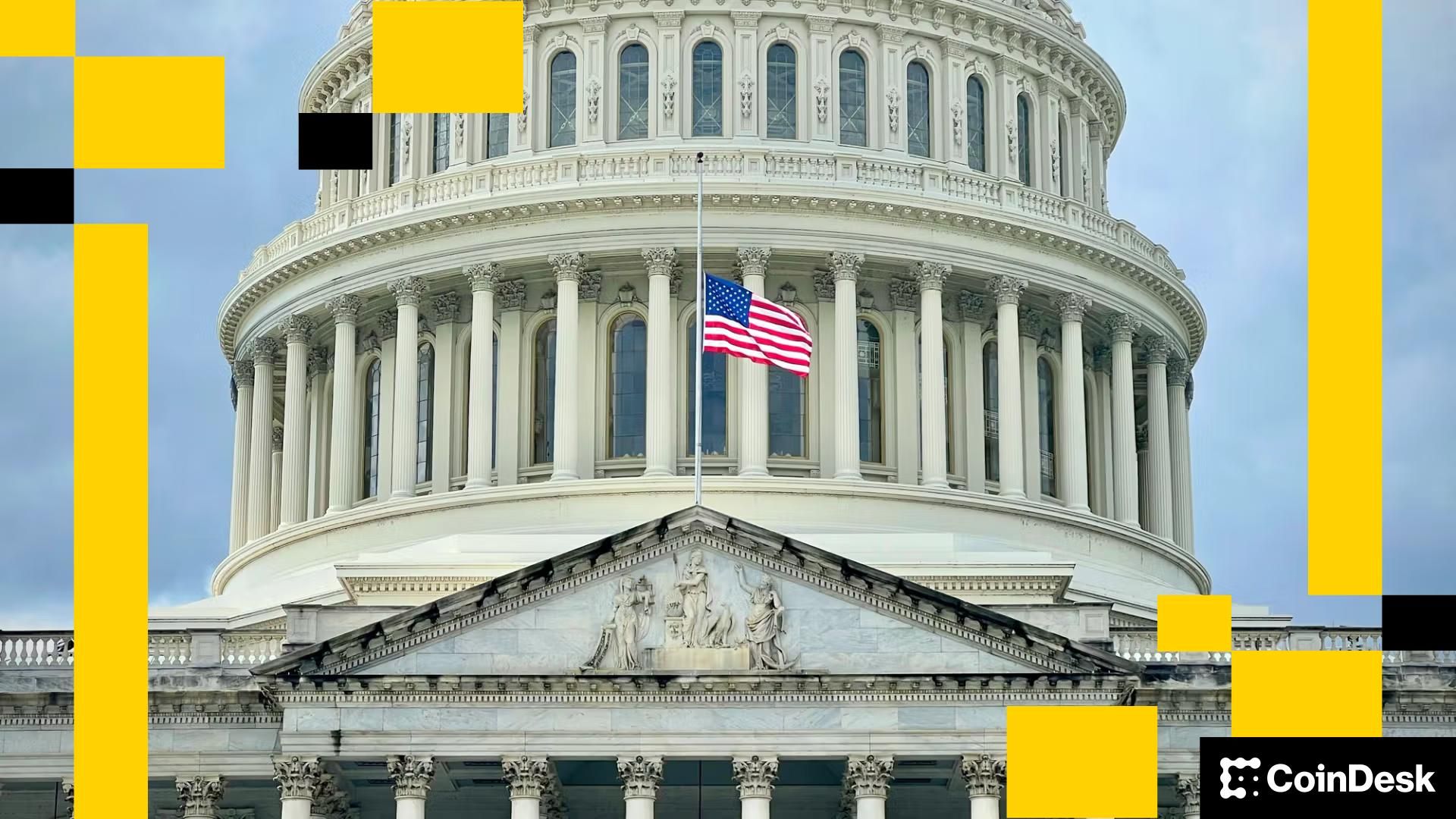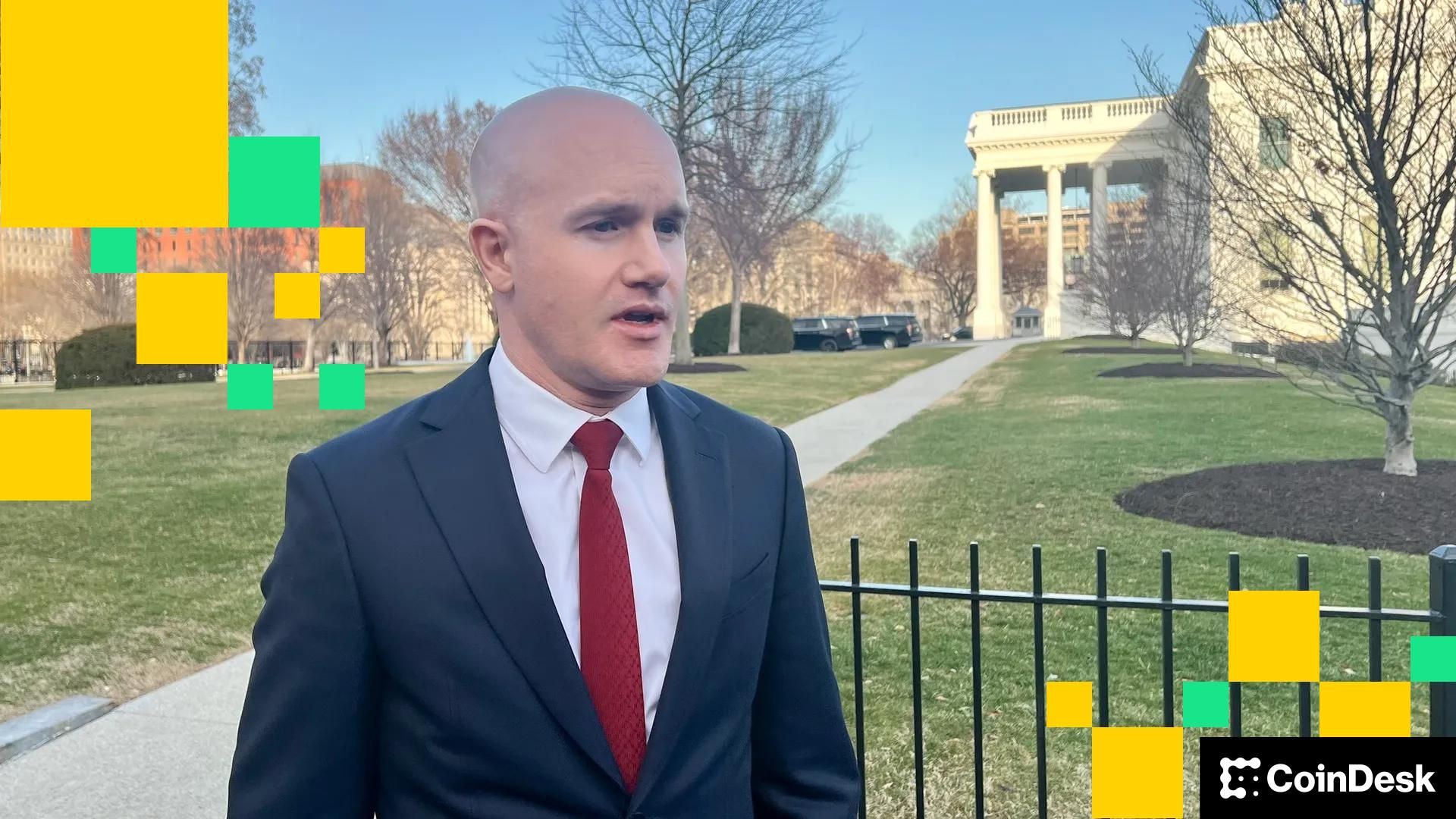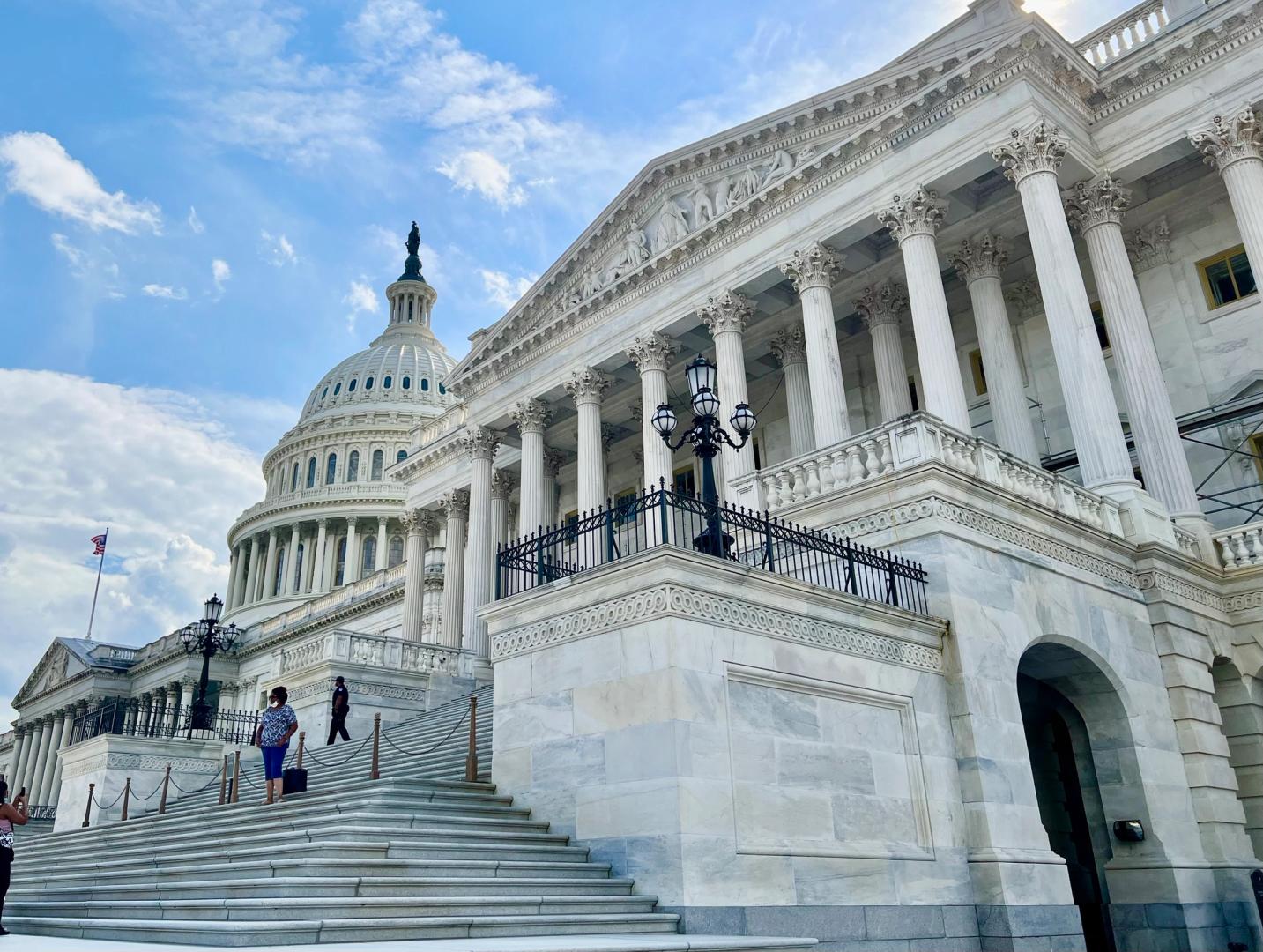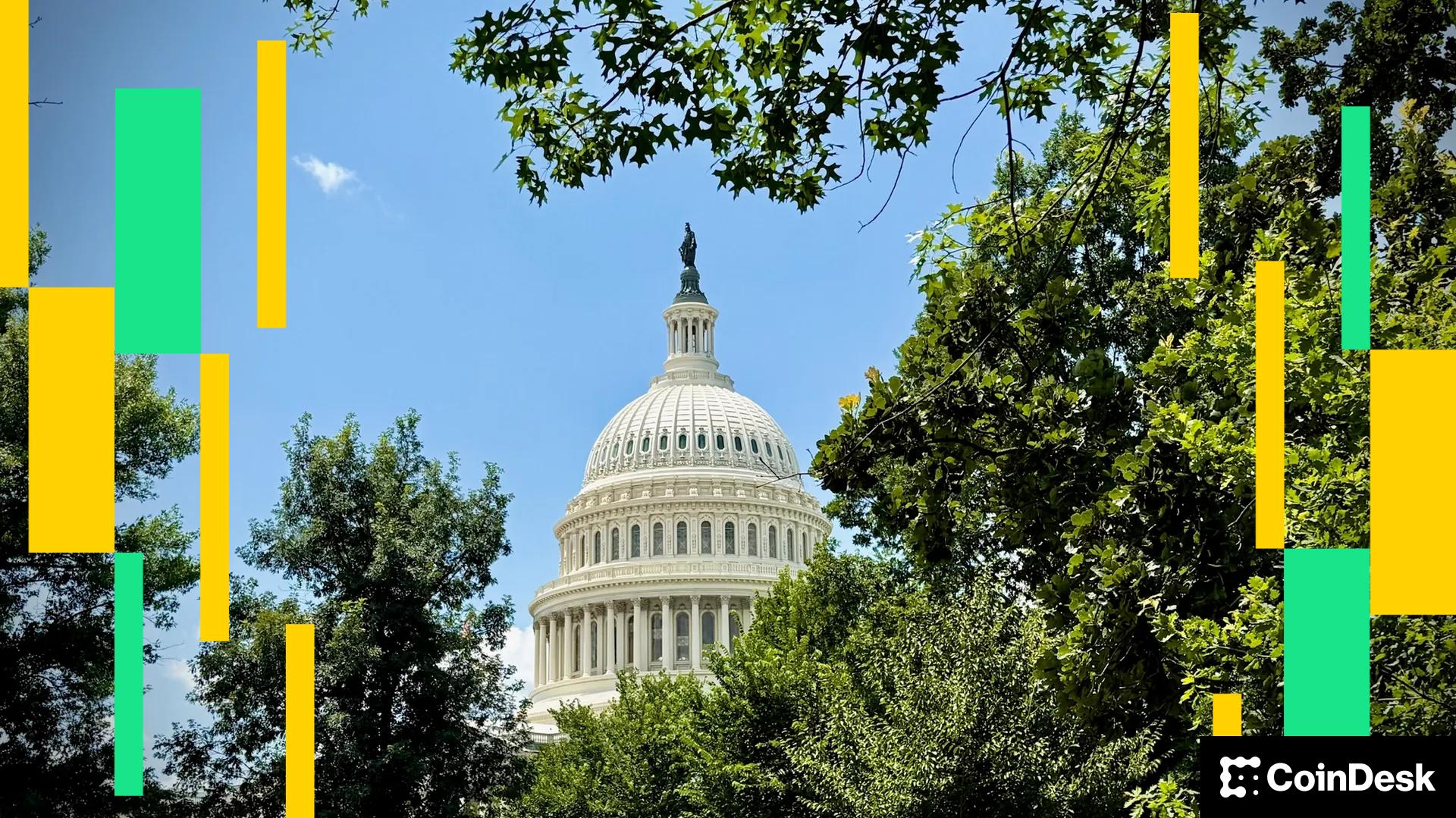A top tax executive for U.S. crypto exchange Coinbase suggested to U.S. senators at a Wednesday hearing that the Internal Revenue Service is ill equipped to handle the kind of tax reporting already in the works under current rules and that may be produced in future regulations.
"The IRS is probably unprepared today to endure or to absorb the amount of information that Coinbase alone will be providing," said Lawrence Zlatkin, vice president for tax at the exchange, during a Senate Finance Committee hearing examining the U.S. approach to taxing the crypto sector. "We're going to be testing that in a little while."
He said it's important to consider administrability — what the agency can realistically manage — as the future rules are contemplated, because "this is one asset class that is so democratized that we are talking about billions of transactions."
The Treasury Department's IRS had recently established the crypto brokerage forms that will deluge the federal tax offices, but there are several major crypto taxation questions still hanging. Some of them — such as whether to ignore any minor gains on small-scale transactions (the so-called "de minimis" exemption) or to delay the taxability of staking gains until they're sold — are at the center of congressional discussions on digital assets legislation. But it remains unclear which ones will get attention and when, leaving significant uncertainty for crypto businesses and investors.
"Our tax code does not provide straightforward answers for many digital asset transactions, whether someone is buying a cup of coffee, donating to a charity, investing, lending, mining or staking," Senator Mike Crapo, the panel's chairman, offered in summary. "Without clear tax rules, taxpayers are left with many unanswered questions."
Though many of the panel's Democrats focused some of their remarks on the federal government shutdown heading into its first day on Wednesday, they also devoted attention to what they characterized as the industry's longstanding avoidance of U.S. taxes on gains and — in Senator Elizabeth Warren's case, the efforts of crypto lobbyists who "want special tax rules for crypto that will make crypto billionaires richer."
While Senator Ron Wyden, the Oregon lawmaker who is the committee's ranking Democrat, granted that the crypto sector needs Congress' attention on tax matters, he added that "there’s a pretty long list of major issues and problems this committee ought to look at first."
Meanwhile, the IRS has been a particular target of the administration, which has cut thousands of staff from its workforce. While the agency has recently maintained a crypto office, its top officials have abandoned it — most recently with the departure of Trish Turner — and the IRS hasn't responded to CoinDesk questions about the office's ongoing status.
Among the crypto industry's chief asks are that de minimis transactions be exempted from tax hassles, certain rewards stop being treated as income when first issued and that stablecoins should also be exempted from gain considerations, because they're meant to reflect the value of a dollar.
In July, Senator Cynthia Lummis — the Wyoming Republican who leads the crypto subcommittee of the Senate Banking Committee — introduced a standalone bill that would address many of the industry top tax concerns, including setting a $300 de minimis threshold. But it's unclear what the Senate will do with those ideas.
Earlier on Wednesday, prominent crypto firms began praising new guidance that just emerged from the IRS, potentially freeing them from certain tax burdens.
Strategy's Michael Saylor posted on social media site X that the IRS guidance means his company "does not expect to be subject to the Corporate Alternate Minimum Tax (CAMT) due to unrealized gains on its bitcoin holdings." And bitcoin mining company MARA similarly called it "a positive development for MARA and our shareholders."
But even that possible boon came from initial guidance — a tentative document signaling a likely future policy that's not yet enacted.
Read More: U.S. Digital Assets Tax Policy Getting Hearing During 'Crypto Week'

 3 months ago
23960
3 months ago
23960















 English (US)
English (US)